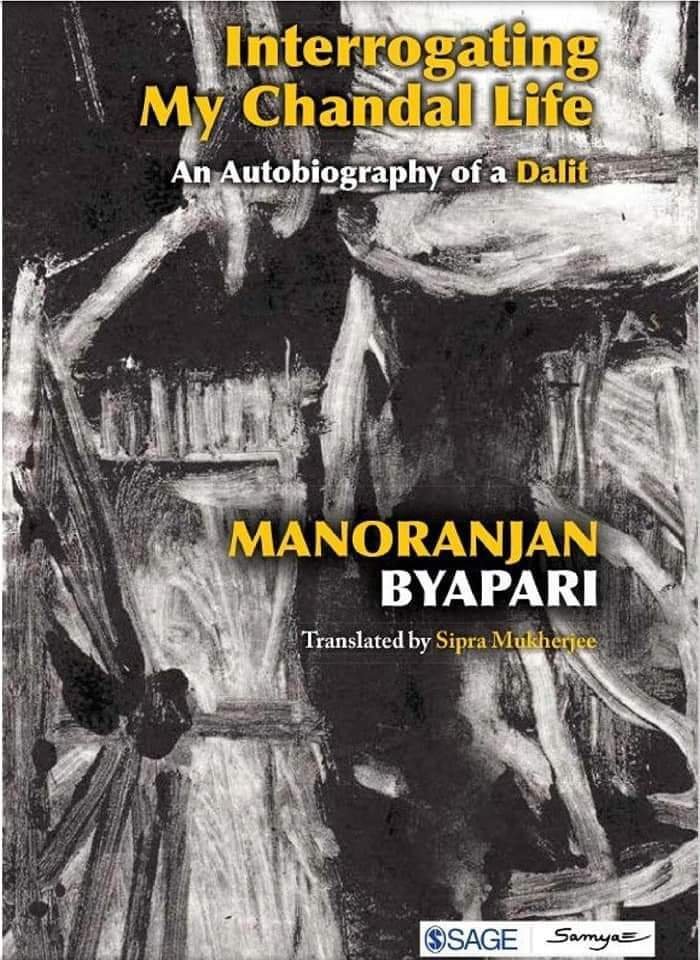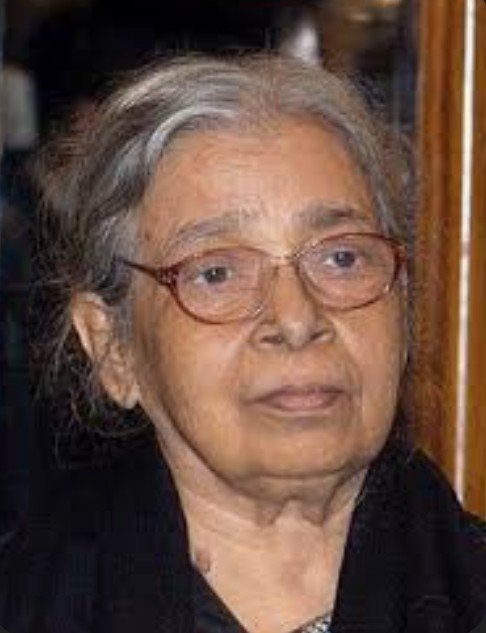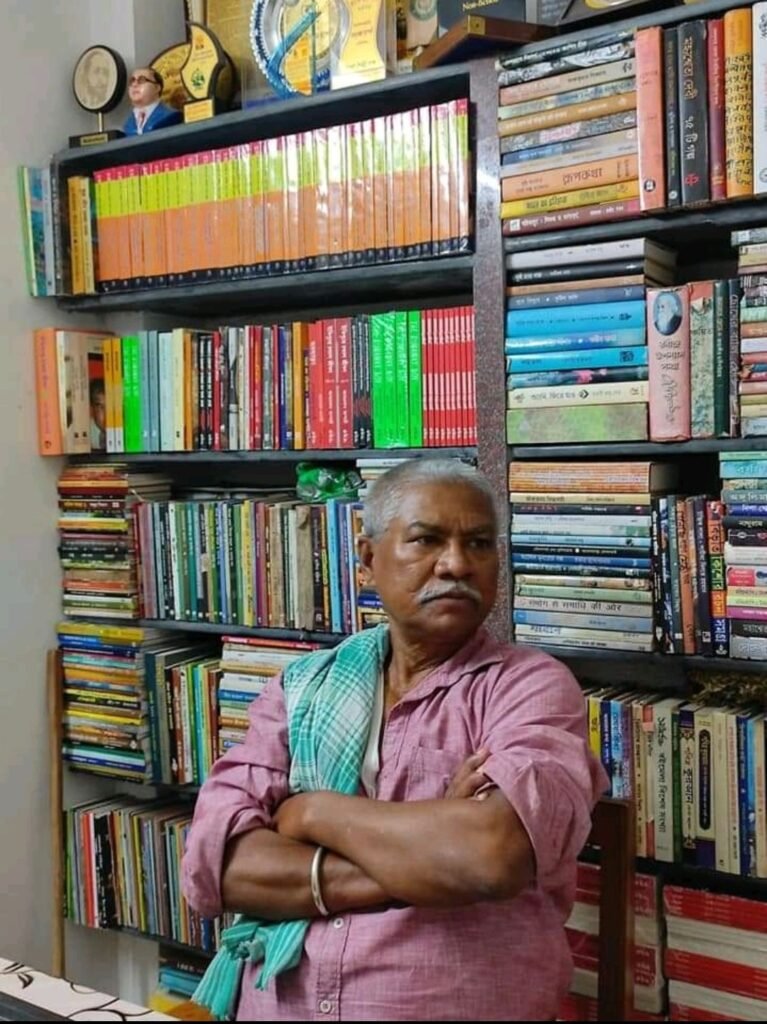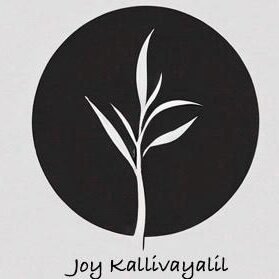#books
#memory
Inetrogating My Chandal Life.
“It was a Saturday and the schools and colleges had just got over, and the homebound students filled the roads. The elderly woman who came and stood before me now had greying hair, spectacles, and a bag at her side. Her face was serious and she looked the teacher she was.
She would go to Jadavpur. It was midway through the journey I remembered this difficult word I had come across in a book by Chanakya Sen some days back : jijibhisha. Nobody had been able to tell me the meaning. So I ask her.
‘Didi, if you don’t mind, can you tell me the meaning of “jijibhisha”?
She must have been surprised at the question.
For she said.
‘Jijibisha means the will to live. But where did you get this word? ‘
‘In a book ‘, I answered.
A silence followed. There was no way I could see her face as she sat behind me on the passenger seat. Then she asked, ‘How far have you studied? ‘
‘I have not been able to go to any school. ‘
‘Then how did you learn to read? ‘
‘I learnt a little on my own ‘, I said.
The wheels turned and we moved closer to our destination. But which wheels were really turning? The rickshaw wheels of my destiny? Which moved forward? Was it just my rickshaw or was it me? Moving from a nameless life of darkness and humiliation to one of dignity and respect?
Then she said, ‘I publish a journal where working people like you write. Will you write for me? If you do, I will publish it. ‘
I had believed that those whose names illuminated the cover pages of the books, those whose voices we heard on the radio, those whose faces floated on the television screens were all people of a different planet. They did not eat, sleep, go to the market, or walk down the streets like us. They did not, most defenitely, drive rickshaws. And here was this lady promising me such a reality?
‘You will print my writing? ‘
‘Yes, that’s what I said.Will you write? ‘
‘But what will I write about? I said.
‘Your life as a rickshaw-wallah,’she answered. ‘How you came to this job, how much you earn in a day, whether that is enough for your family.
Will you? ‘
‘I have never written before, ‘ I replied nervously. ‘But I will try. If I find I can, I will bring it to you. Will you give me your adress? ‘
We had reached Jadavpur by now. She got out a pen and paper, scribbled some words onto it, and handed it to me.
‘Here, ‘ she said.
My world began to sway when I read what was written on the slip of paper.
‘You!’ I exclaimed in surprise.
‘Do you know me? ‘
I know you very well, O great writer ! That knowledge is born out of the blood and sweat of struggle, protest, resistance and fury. It is the fury with which your pen flashes like a sword for the exploited and defenseless people. Your story ‘Draupadi ‘ drove me to hunt for her rapists so I could kill them. If not them, then somebody like them. Of course, all this remained unuttered. I said, ‘I have read your books. Your “Agnigarba ” is right here. ‘
And I pushed aside the seat to draw out the book.
……………..
……………..
And then began the most difficult period of my life. A battle far more difficult than fighting with pipe guns and bombs. A struggle worse than I had ever known. One line snaked up onto the other line. I found words spelled differently in different places. How was I to know which was the right one? Which word set where in the sentence made the sentence both comprehensible and gramatically correct?
I wrote on the pages. And then I tore them up. I ran through reams of paper and some litres of kerosene, and bunked my work for some days before I was more or less satisfied with what I had written.
Entitled ‘ I Drive Rickshaws ‘, it was published in the January -March 1981 issue of “Bartika “.
Mahasweta Devi was not just a writer. The poet Manish Ghatak’s daughter, the film director Ritwik Ghatak’s niece, dramatist Bijan Bhattacharya’s ex-wife, she was a personality established as a significant form of resistance.
After my name appeared in the journal edited by her, a reviewer for the “Jugantar” newspaper put in two lines of praise for my writing………
……This made my name known and many periodicals from the city and the suburbs began asking for my writings. I became famous as the rickshaw -wallah writer. All this stoked my enthusiasm and gave me confidence.
Yes, I could write………… “
– “Itibritte Chandal Jeevan “
by Manoranjan Byapari.
Translated by
Sipra Mukherjee.



